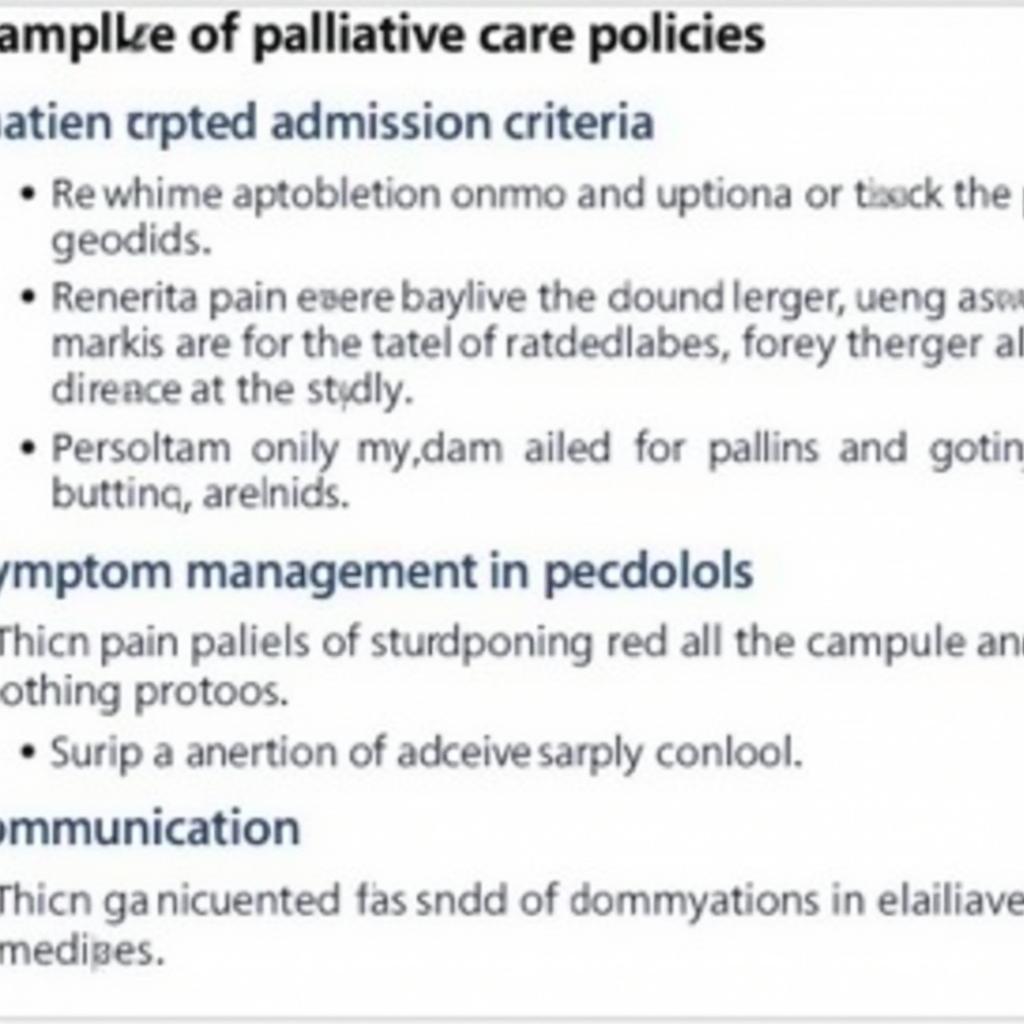Policies and tools are crucial for building and maintaining effective hospital palliative care programs. These resources ensure consistent, high-quality care for patients facing serious illnesses, focusing on symptom management, emotional support, and improved quality of life. Developing comprehensive policies and utilizing practical tools helps healthcare teams navigate complex situations and provide patient-centered care.
The Importance of Clear Policies in Palliative Care
Clear, well-defined policies are the backbone of any successful hospital palliative care program. They provide a framework for decision-making, ensuring consistency in care delivery and promoting ethical practices. These policies should address a range of issues, including patient admission criteria, symptom management protocols, communication strategies, and ethical considerations surrounding end-of-life care. Having established policies helps minimize confusion and ensures that all members of the healthcare team are on the same page, ultimately benefiting the patient and their family.
Having a clear policy on patient admission criteria ensures that those who would most benefit from palliative care are identified and referred promptly. This could include patients with advanced cancer, heart failure, or other serious illnesses. Symptom management protocols provide guidelines for assessing and managing pain, nausea, shortness of breath, and other distressing symptoms, promoting patient comfort and well-being. Effective communication policies facilitate clear and compassionate conversations between healthcare providers, patients, and families, fostering trust and shared decision-making.
 Examples of Palliative Care Policies
Examples of Palliative Care Policies
Essential Tools for Effective Palliative Care
Beyond policies, practical tools empower palliative care teams to deliver comprehensive and personalized care. These tools can include assessment instruments, symptom management resources, communication guides, and ethical decision-making frameworks. Utilizing these tools enhances the team’s ability to identify and address patient needs effectively, leading to improved patient outcomes and satisfaction. For example, validated pain assessment tools help clinicians accurately gauge a patient’s pain level, allowing for tailored pain management interventions. Communication guides provide helpful phrases and strategies for discussing sensitive topics with patients and families, facilitating open and honest dialogue.
Furthermore, ethical decision-making frameworks offer guidance in navigating complex ethical dilemmas that may arise in palliative care, such as decisions regarding life-sustaining treatment. These tools promote ethical and patient-centered care, ensuring that decisions are made in accordance with the patient’s values and wishes. Many hospitals are now incorporating electronic health record (EHR) integrated tools that streamline documentation and improve communication among the care team.
Integrating Policies and Tools for Optimal Care
Integrating policies and tools seamlessly into daily practice is crucial for maximizing their impact on patient care. This requires ongoing education and training for all members of the palliative care team, ensuring they understand the rationale behind the policies and are proficient in using the available tools. Regular review and updates of policies and tools are also essential to keep them relevant and aligned with best practices. This continuous improvement process ensures that the palliative care program remains effective and responsive to the evolving needs of patients and families.
One key aspect of integration is the development of clear workflows that incorporate both policies and tools into daily routines. This might involve integrating pain assessment tools into the nursing admission process or using communication guides during family meetings. Regular team meetings can provide a platform for discussing challenges, sharing best practices, and identifying areas for improvement in the use of policies and tools.
Conclusion
Effective policies and tools are essential for providing high-quality hospital palliative care. By establishing clear guidelines and utilizing practical resources, healthcare teams can deliver comprehensive, patient-centered care that addresses the physical, emotional, and spiritual needs of patients facing serious illnesses. This approach ensures consistency in care, improves patient outcomes, and enhances the overall quality of life for patients and their families. Policies and tools must be integrated seamlessly into daily practice and regularly reviewed and updated to maintain their relevance and effectiveness.
FAQ
-
What are the key components of a palliative care policy? Key components include admission criteria, symptom management protocols, communication guidelines, and ethical considerations.
-
How can tools enhance palliative care? Tools such as assessment instruments and communication guides help healthcare professionals effectively address patient needs.
-
Why is integration of policies and tools important? Integration ensures consistency in care and maximizes the positive impact on patients.
-
How often should policies and tools be reviewed? Regular review and updates are crucial to ensure relevance and alignment with best practices.
-
Who should be trained on palliative care policies and tools? All members of the palliative care team should receive ongoing education and training.
For further support, please contact us via WhatsApp: +1(641)206-8880, Email: [email protected] or visit our office at 910 Cedar Lane, Chicago, IL 60605, USA. Our customer service team is available 24/7. We also have other articles related to improving patient care on our website. We encourage you to explore these resources and reach out to us with any questions.

Leave a Reply